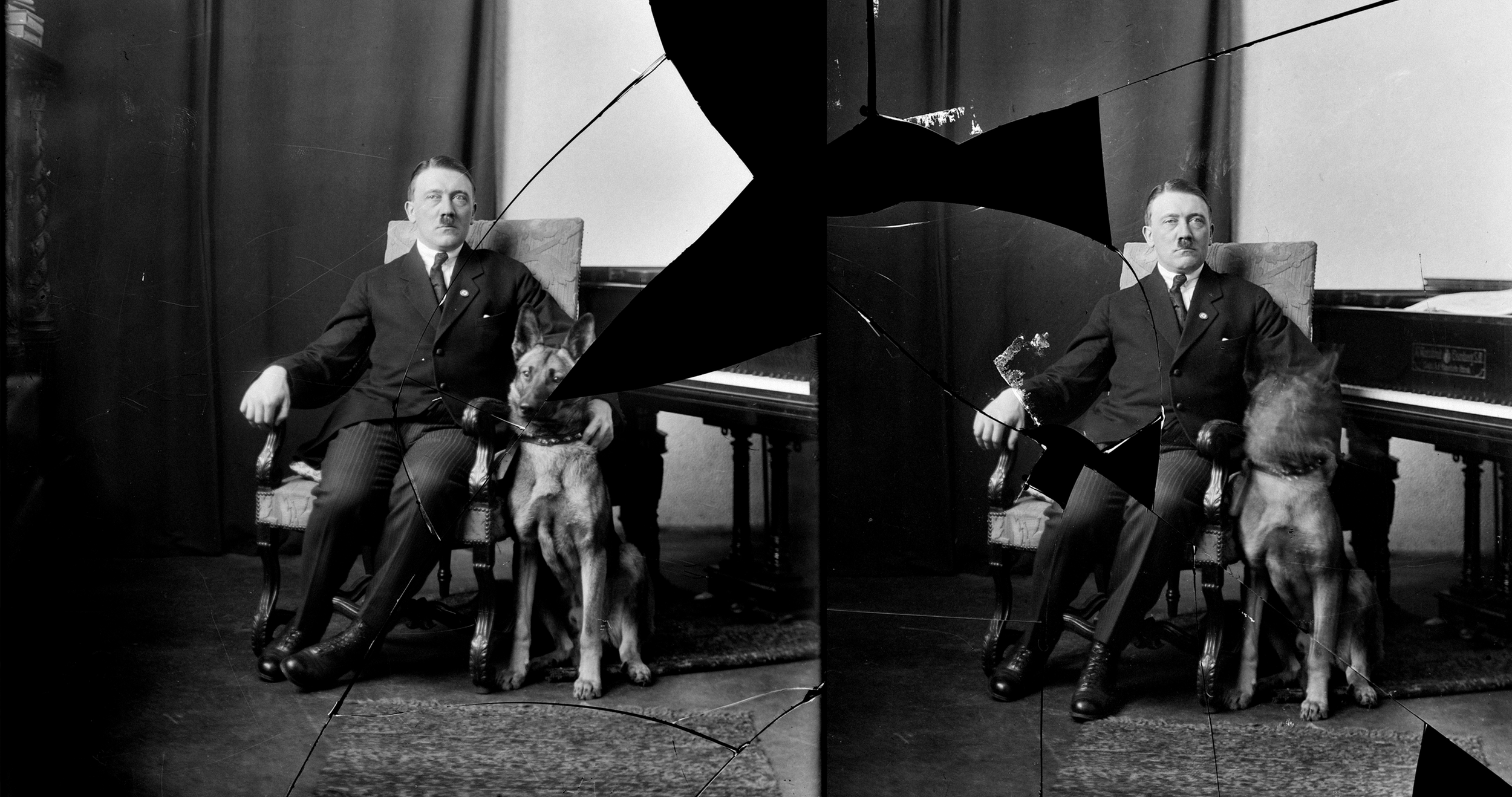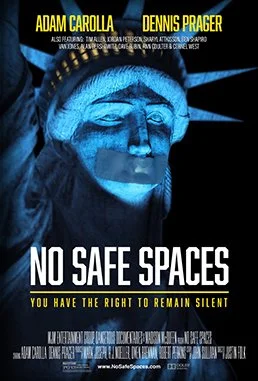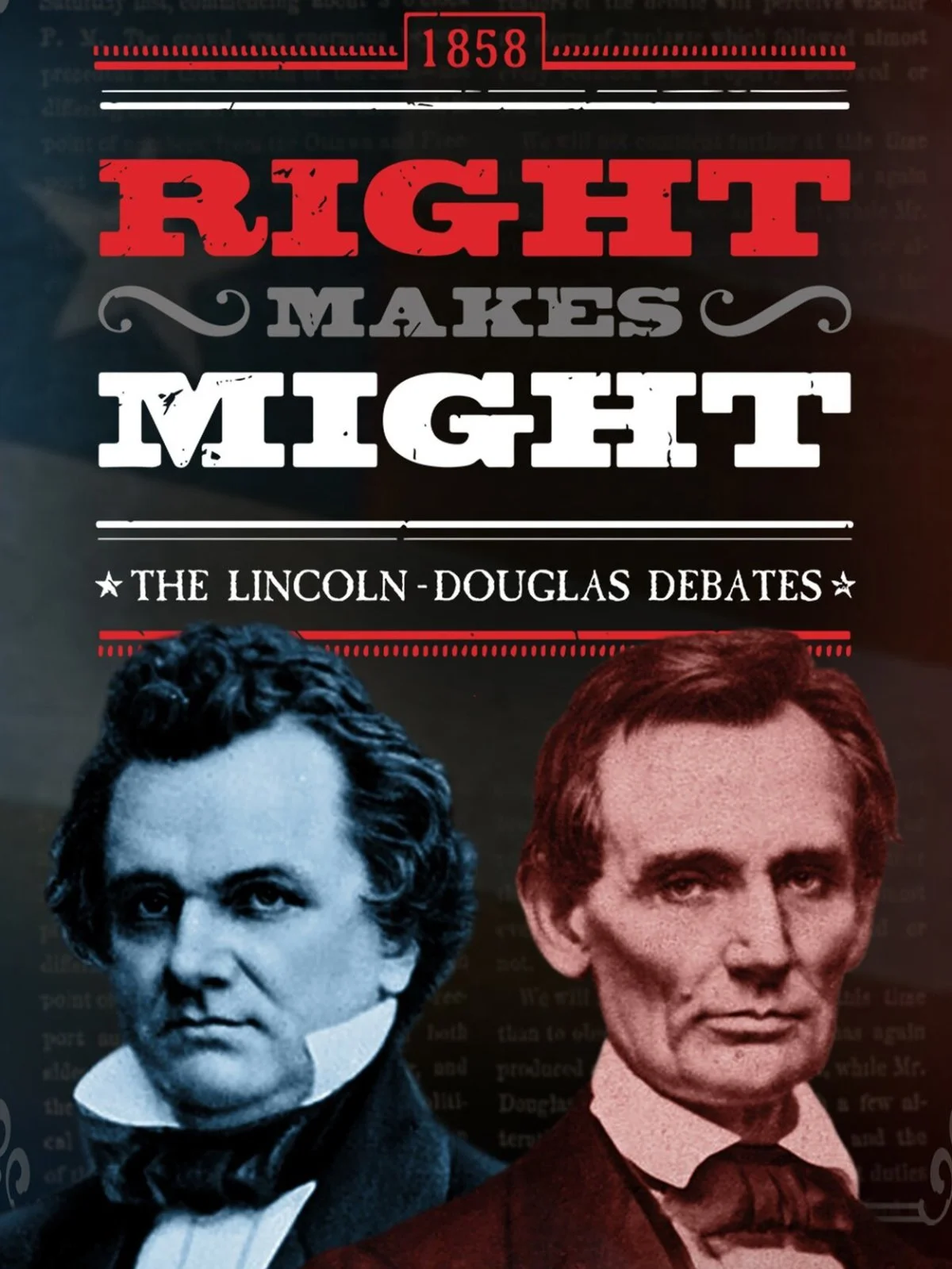THE GOLDEN GUN
A NEW FEATURE DOCUMENTARY
SYNOPSIS / THE MYSTERY SURROUNDING THE WHEREABOUTS OF ONE OF HITLER’S MOST PRIZED POSSESSIONS AND THE ASTONISHING TRUE STORY OF ONE SOLDER’S COURAGE UNDER FIRE TO OBTAIN IT.
TEASER TRAILER
A PECULIAR HOME INVASION
Charles Woodbridge unlocked the side door, and all four children bounded into their home. They stopped in their tracks, though, gawking at their normally pristine living room that was now in a state of disarray. The piano stool stood in a pool of liquid that gave off the unmistakable stench of urine.
The children shouted for their parents, Charles and Ruth came running. The feeling of being personally violated began churning uneasily inside Charles. As he stood there, he felt a growing sense that something was particularly odd about this burglary, a feeling that was confirmed as he began a room-to-room search and noticed that expensive silver candlesticks and silver candy dishes sitting in plain sight in the dining room were untouched.
He went upstairs to explore the bedrooms. As he entered his office, nothing seemed amiss. He walked to his desk and pulled open the top right drawer. His heart sank. The drawer was empty. Hitler’s pistol was gone.

WHY WOULD A NORTH CAROLINA
PASTOR HAVE HITLER’S GUN?

IRA “TEEN” PALM- MUSICIAN AND SOLDIER
Teen palm stepped off the train in Raleigh, greeted by a muggy August evening in 1933. He looked relatively fresh in his suit and tie, though he had been onthe train for nearly a day.
He had been driven by a friend to New York City’s Grand Central station, boarded in darkness, and then watched as five hundred miles of lovely countryside rolled across the window—New Jersey, Delaware, Virginia until he was farther away from home than he had ever been.
Clutching a suitcase in one hand and his saxophone case in the other, he stepped off the train and scanned the platform. “Teen Palm! It’s you!” Teen nodded, reflexively dropped his suitcase and extended his right hand to grip the man’s hand. “That’s me,” he said. “I’m Teen Palm.”
Crowded in a sedan, Poyner and the “boys” whisked Teen the seventy miles south to Southern Pines, where the band had summer living quarters. Even though it was late, they got right to business, and Teen was impressed as the band ran through a few numbers.
“Now, let’s hear what you’ve got,” said Poyner. Teen played with passion and precision, and his audition was a success. He had a hard time determining whether he felt more elated or relieved when told he had been accepted into the band. With Teen as lead singer and featured saxophone player, the band quickly became popular as it toured the East Coast, playing on university campuses and in hotels and clubs.

HITLER’S MUNICH APARTMENT
It was the third and last of his residences in Munich, the city that, according to Otto Dietrich, his chief of press relations, “was Hitler’s chosen home, the city he loved above all others and which he held to be the pearl of Germany.”
Ira “Teen” Palm and his men paused to listen and gather their composure. As he had many times before going into battle, Palm withdrew a grimy and creased piece of paper from his pocket. Carefully, he unfolded it. He knew the words to chapter thirty-one, verse eight from the book of Deuteronomy - his war verse - by heart:
The Lord himself goes before you and will be with you; he will never leave you nor forsake you. Do not be afraid; do not be discouraged.
With a nod of his head, Palm led the men across the street, where they pressed against the side of the building on both sides of the front door. Slowly, Palm pushed on the door. It was unlocked and swung open without a sound. The nine-room apartment spread over three thousand two hundred square feet of living space. The building was silent. None of Palm’s men spoke. They knew their job, and they likely had a vision of Hitler’s face before them as they crept upward—moments from coming face-to-face with the scourge of the world.
It was immediately apparent that no one was in the apartment. Wherever Hitler was, he was not at 16 Prinzregenten Platz. The place was pristine—as if housecleaners had just finished tidying up after a visit by the Fuehrer.
Palm found himself alone in Hitler’s office. He surveyed the room and then walked behind Hitler’s rectangular oak desk. He slid back the brown leather chair and saw drawers on each side. He pulled open the top drawer on the right side. There, resting as innocuously as a fountain pen or a letter opener, was a pistol. It was no ordinary pistol. It was the golden pistol the Walther family gave Hitler nearly six years ago to the day on the dictator’s fiftieth birthday.

CHARLES WOODBRIDgE- PASTOR
Woodbridge worked his way through Princeton University, earning undergraduate and graduate degree there. He was an all-American soccer player, holding his own against bigger and stronger foes by drawing on his expertise learned from the English children he had played with while in school in China. He earned a theological degree from Princeton Seminary and was ordained in 1927.
He first served the First Presbyterian Church in Flushing, New York, where he established a reputation as a hard-working clergyman with an outgoing personality who was interested in the lives of his church members. Athletic and vivacious, he endeared himself to others with a finely tuned blend of preaching within church walls and an avuncular sense of humor beyond the pulpit.
Woodbridge also became a part of the social fabric of his town, participating in all manner of non-church activities, such as goose hunting with Sheriff Jim Krider. On one occasion, Krider invited Woodbridge to accompany him on his evening patrol, saying, “Pastor, then you will know how your church members really live.”
He would recall one of those spine-tingling night rides: “Krider drove like Jehu [a biblical commander of chariots] for several miles in pursuit of a drunk culprit who dove head-on into a garden wall, was unharmed, and turned out to be one of my more docile members!” The parishioner was likely mortified to see his pastor sitting next to the sheriff in the police car.
In October 1939, Woodbridge began teaching a Bible class, which quickly became popular among the city’s young men. It was at this point that his path crossed with Teen Palm. He was clearly a man of God, but with his familiar manner, contagious sense of humor, and worldly intelligence, he easily related to young people, even those who were not particularly godly or spiritual.

DOCUMENTARY APPROACH
Pre-Production and Production In this documentary, multiple storylines and themes will be explored through beautiful top-tier sit down interviews with historians, journalists, and writers that will serve as a spine for the narrative while additional cinematic narrative glimpses will help drive the story arc and create tension throughout the film. Principle photography will take place in the US with the potential for targeted additional photography in Europe.
Storyline One follows Teen Palm’s background as an American saxaphonist-turned soldier. Teen’s WWII journey will be traced from the States into the raging war in Europe, crossing the Rhine River, climaxing at his mission to capture Adolph Hitler.
Storyline Two provides glimpses into Charles Woodbridge’s extraordinary life and how his mentorship with Teen inspired him to reach a new level of courage and confidence in the chaos of war. The question of why Teen gave Woodbridge the Golden Gun will be asked as well as what it represnted to Woodbridge, and how it was stolen from him.
Storyline Three traces the mystery of the Golden Gun. It follows it’s introduction at Hitler’s 50th birthday in Nazi Germany, how it reached the Munich apartment, and traces the mysterious journey of where it is today.
Some of the themes and additional topics to explore include: why a unique courage was developed in the fabric of “The Greatest Generation”, how those days and the days we are living in now are “Unusual Days”, and what we can learn from the principles of Hitler’s rise to power.
Post Production Post-Production, polishing, and testing will take place after wrap of principal photography. After the project is locked, it will submitted it to buyers through sales agents and acquisition executives with existing relationships.

THE FILMMAKERS
-
JOSH FRANER (DIRECTOR, PRODUCER)
Josh is an American film director known for pairing beautiful, effortless visuals with hopeful, human stories. His work brings a fresh eye to filmmaking and emphasizes his subjects’ emotional depth. As a musician and a long-time music lover, Josh found early success photographing and touring with various folk artists. He’s also worked with charities, traveling the world and giving voice to those in need. He was a founding creative partner at cult-favorite menswear brand Buck Mason.
For Josh, collaboration is a vital part of the creative process, one that fosters innovative thought and contributes to a quality end product. Josh has collaborated with brands like Chevy, Ford, Rolls Royce, Disney, Samsung and Visit California amongst others, and his work has been featured in Fast Company and The Wall Street Journal.
His first feature documentary "SUPERSPREADER" sparked national conversation in theaters and is now streaming.
-
RJ MOELLER (PRODUCER)
With a background in journalism, academic research, and developing sought-after IP based on historical narratives, RJ is an entrepreneurial producer with an eye for great material and a track record bringing important stories to life. RJ has quickly grown into a competitive supplier of quality material to top-tier Hollywood buyers.
He recently sold a sitcom to ABC about SEC Football personality Paul Finebaum. Prior to that, RJ produced the documentary "No Safe Spaces", which was one of 2019’s highest grossing docs of the year and has previously produced live events which have sold over 750,000 tickets. He has also managed Social Media & PR for A-list talent and well-known cultural personalities including Dennis Prager.
-
DAVID JACOBSON (PRODUCER)
David came up in the Hollywood studio-system based at Sony Pictures working for prolific producer Laura Ziskin (What About Bob, Pretty Woman, As Good as it Gets, The Academy Awards, etc.). He assisted her on The Amazing- Spiderman reboot directed by Marc Webb.
After her passing, David helped develop the financial model and took Lee Daniels’ "The Butler" out of the studio fold to produce independently. He helped raise over $30-Million six months and Co-Produced the film which went on to gross over $175-Million worldwide and win #1 in the Box Office two weekends in a row.
He has since produced two documentaries which have sold to Netflix, produced indie feature "The Falconer" which is the first film to ever shoot in the Gulf country of Oman, and has run or built production companies including Dave Stewart Entertainment – where he developed and set up "Songland" on NBC – and Required Reading – where he produced Kanye West’s Yeezy Season 3/ Life of Pablo live-stream event at Madison Square Garden.
-
JONATHAN PENN (PRODUCER)
Jonathan is a native Texan, husband, and father to two boys. Prior to co-founding Through the Woods with Josh Franer, Jonathan served as President & CEO of a national engineering firm which he sold in 2022. Jonathan started his career in music, film, and television. Most notably, he worked in Scripted Programming for AMC Network in Los Angeles.
After two decades in the creative and corporate world, he now provides coaching and consulting services to struggling executives and leadership teams supporting them in fostering a healthy culture and change management. He is a certified coach and change management practitioner.
In addition to coaching and consulting, his branding agency, Through the Woods provides branding services to small to mid-size organizations through the art storytelling.
-
Maurice Possley (JOURNALIST)
Maurice Possley is a Pulitzer Prize-winning journalist who is also a Research Fellow at Santa Clara University. He is the author of non-fiction books including "Everybody Pays: Two Men, One Murder, and the Price of Truth" and "The Brown’s Chicken Massacre".
-
JOHN D WOODBRIDGE (AUTHOR)
John Woodbridge has taught history at Northwestern University, the Sorbonne, and many other institutions, and his specialties include church history and the French enlightenment. He has edited & authored scores of publications including "The History of Biblical Authority" as well as having served as the Senior Editor at "Christianity Today".
select past work
based on the book “hitler in the crosshairs”
Book Synopsis A Pulitzer Prize-winning journalist teams up with a university scholar in this untold historical tale of a young man’s courage at a critical time in United States history, and the saga of a dictator’s pistol that continues today. The time is World War II. Young soldier Ira “Teen” Palm and his men burst into a Munich apartment, hoping to capture Adolph Hitler. Instead, they find an empty apartment – and a mysterious golden gun.
As the authors trace the story of the man and the gun, they examine a time and place that shaped men like Palm and transformed them into heroes. They also follow the strange journey of Hitler’s coveted pistol. Readers will discover: An imaginative historical adventure in the tradition of Stephen Ambrose’s Band of Brothers; Previously untold information about World War II events, including an uprising of German soldiers and citizens against the Nazi regime and a never- before told account of an assassination attempt on Hitler in Munich; Inspiring, motivating, and entertaining storytelling by award-winning authors that will keep the pages turning!






